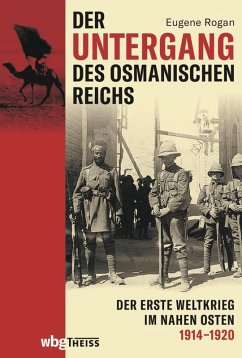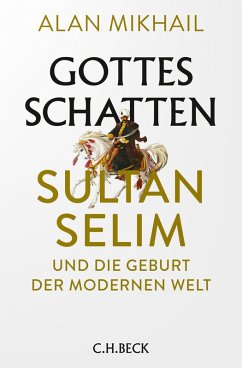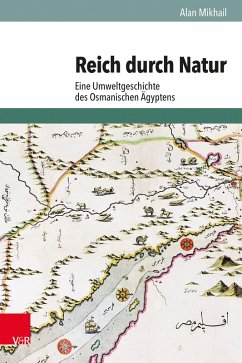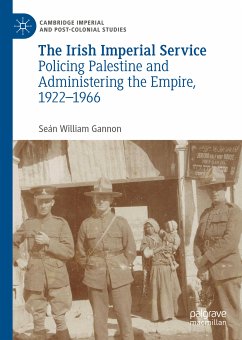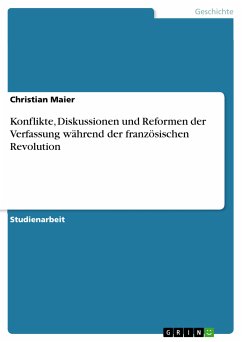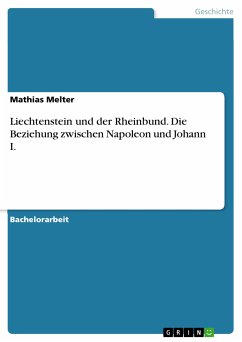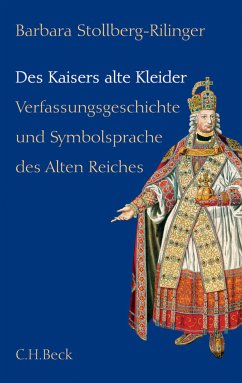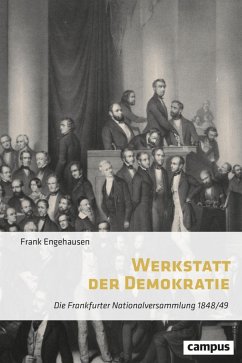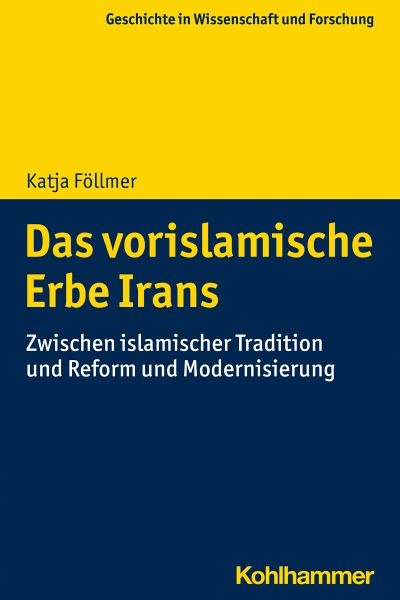
Das vorislamische Erbe Irans (eBook, PDF)
Zwischen islamischer Tradition und Reform und Modernisierung
Versandkostenfrei!
Sofort per Download lieferbar
Statt: 65,00 €**
57,99 €
inkl. MwSt. und vom Verlag festgesetzt.
**Preis der gedruckten Ausgabe (Broschiertes Buch)
Alle Infos zum eBook verschenkenWeitere Ausgaben:

PAYBACK Punkte
0 °P sammeln!
The travel novel The Travel Diary of Ebrahim Beyg, dating from the late nineteenth century, is regarded as a pioneering account of the first political reform movement in Iran, the Constitutional Movement in 1906&1911. The story=s author, Zeyn al-Abedin Marage=i, not only initiated the development of modern Persian prose literature, but was also able to spread reforming ideas effectively to the masses. In the process, he drew on the ideas and concepts of his intellectual contemporaries, as well as existing traditions. His work thus created the basis for a new Iranian self-image, based on the re...
The travel novel The Travel Diary of Ebrahim Beyg, dating from the late nineteenth century, is regarded as a pioneering account of the first political reform movement in Iran, the Constitutional Movement in 1906&1911. The story=s author, Zeyn al-Abedin Marage=i, not only initiated the development of modern Persian prose literature, but was also able to spread reforming ideas effectively to the masses. In the process, he drew on the ideas and concepts of his intellectual contemporaries, as well as existing traditions. His work thus created the basis for a new Iranian self-image, based on the religious tradition of Shiite Islam, patriotism, and Iranian history. In this study, Katja Föllmer focuses particularly on the author=s concept of the past. She explores the question of how the image of the pre-Islamic period conveyed in the Travel Diary takes account of the idea of progress and implements existing traditions. In addition, the study shows the extent to which the European Enlightenment and transregional contacts in the Near East and Middle East shaped Iran=s contemporary understanding of society and religion.
Dieser Download kann aus rechtlichen Gründen nur mit Rechnungsadresse in A, B, BG, CY, CZ, D, DK, EW, E, FIN, F, GR, H, IRL, I, LT, L, LR, M, NL, PL, P, R, S, SLO, SK ausgeliefert werden.




